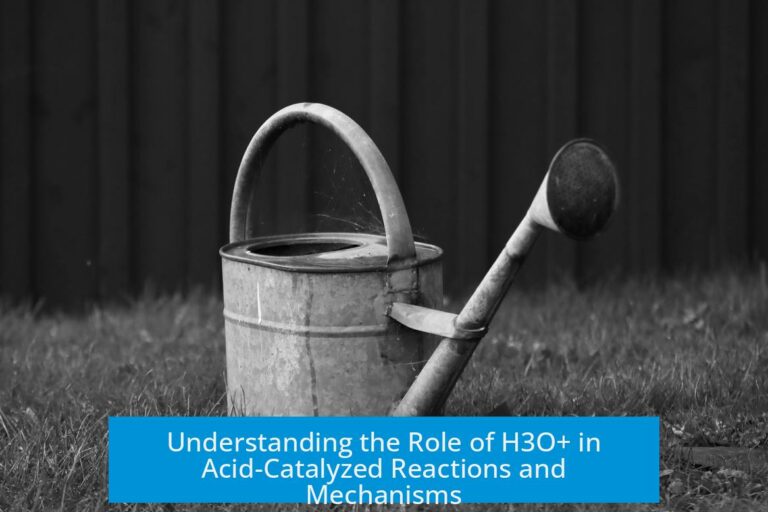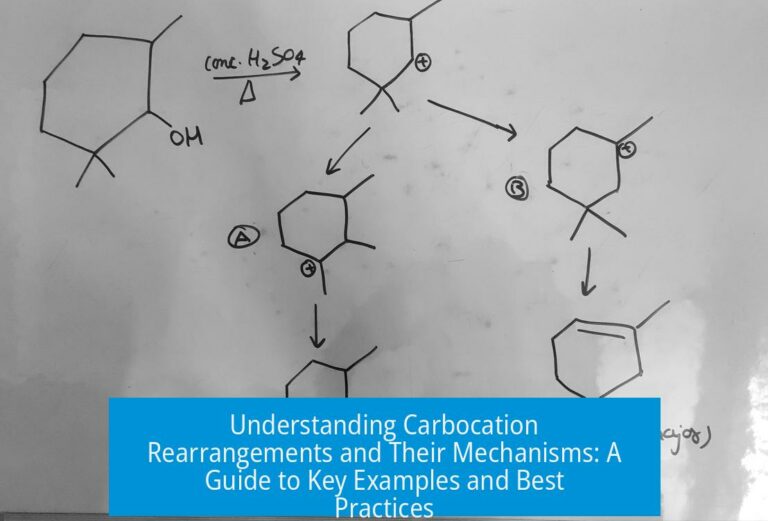Comparison of HOMe vs. OMe as Leaving Groups

The leaving group in reactions involving methoxy groups depends on the reaction conditions; in acidic environments, protonated methanol (HOMe) serves as the leaving group, whereas in basic or Grignard conditions, the methoxide ion (OMe−) acts as the leaving group despite typically poor leaving group ability.
Leaving Groups in Grignard Reactions with Esters
Grignard reagents react with esters in the absence of proton sources. In these strongly basic conditions, the methoxy group leaves as the methoxide ion (OMe−). Although usually a poor leaving group, methoxide departs because the Grignard reagent is an exceptionally strong nucleophile and base, forcing this departure.
Leaving Groups Under Acidic Conditions
When acid catalysis is present, the methoxy oxygen is protonated, converting the OMe group into a better leaving group: methanol (HOMe). Protonation stabilizes the leaving group through neutralization and enhances its ability to depart. Consequently, HOMe leaves instead of the negatively charged OMe−.
Role of Protonation in Leaving Group Ability
- Protonation of the methoxy oxygen increases leaving group ability.
- Neutral methanol (HOMe) is a significantly better leaving group than methoxide (OMe−).
- In acidic media, protonation precedes leaving group departure.
Behavior of Methoxide (OMe−) Under Basic Conditions
Under basic or neutral conditions generally, OMe− is a poor leaving group due to its negative charge and basicity. However, Grignard reagents are strong enough nucleophiles to displace OMe−, driving the reaction forward despite unfavorable leaving group properties.
Impossibility of Protonation in Grignard Reactions
Since Grignard reagents are sensitive to water and acids, reactions occur in strictly basic environments. This prevents any protonation of methoxide to methanol before leaving. Thus, OMe− leaves without prior protonation, which is rare in typical organic reactions.
| Condition | Leaving Group | Reason |
|---|---|---|
| Acidic | HOMe (methanol) | Protonation improves leaving group ability |
| Basic / Grignard | OMe− (methoxide ion) | Strong nucleophile forces departure despite poor leaving group quality |
Key Takeaways
- Acid catalysis protonates methoxy groups, producing HOMe as the leaving group.
- Without acid, OMe− leaves during Grignard reactions even though it is a poor leaving group.
- Protonation enhances leaving group ability by neutralizing the charge.
- Grignard conditions exclude protonation, making OMe− departure unique.





Leave a Comment